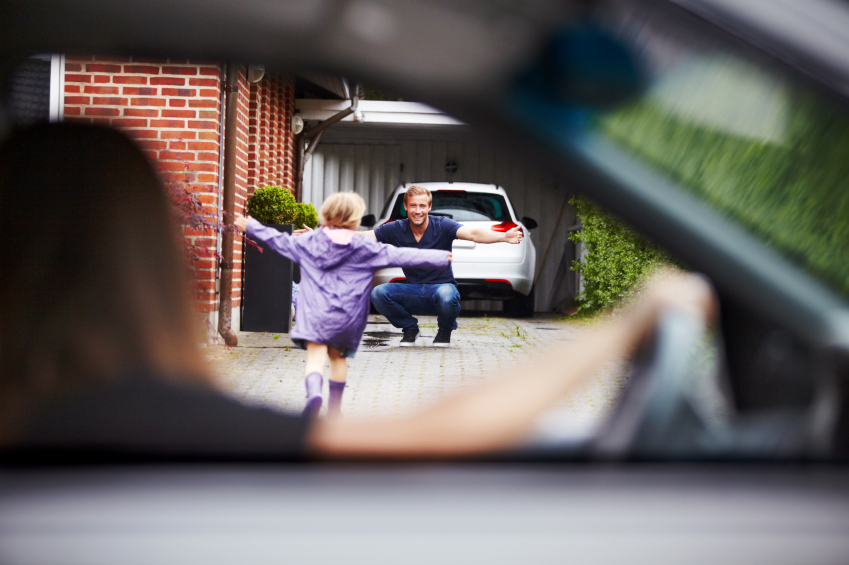We know from literature about children and divorce that one of the best predictors of a child’s outcome after the divorce is a good relationship with both parents (assuming there are no issues of abuse or neglect). So, how can you help keep your child’s view of his/her other parent positive? Here are some tips:
Don’t put the other parent down. Don’t criticize your co-parent in front of your child. This leaves children feeling like they have to pick sides and children suffer when they feel put in the middle. Keep in mind, your child is half you and half your co-parent, so when you criticize their other parent, you are also damaging your child’s self-esteem.
Assume the best about your co-parent. It is easy when you have angry or hurt feelings, to view situations through a negative lens. Remember that your co-parent also deeply loves your children and they too are doing the best they can. Everyone makes mistakes and all parents have different parenting styles, so there will be times when there are disagreements about how to proceed. Assume the best intentions from your co-parent and start the conversation from this point. It will also help prevent your child from playing you against each other.
Encourage your child to enjoy time with your co-parent. Sometimes parents send mixed messages. They will say, “I want you to be close to your dad/mom,” but the non-verbal messages they send suggest they feel hurt when the child has too much fun or too close a relationship. Kids are smart and pick up on these cues. Remember how important this relationship is to your child and encourage them to enjoy their time together. Be flexible if your co-parent has a special family event during your parenting time and encourage your child to go and have fun. These good- will gestures work in both directions when parents are flexible.
Share your child’s successes. Too often, children of divorce feel their parents only communicate when they have done something wrong or have a problem. Show your child that you and your co-parent can celebrate their successes as well. They benefit both from seeing your ability to interact in a positive, excited way as well as being enjoyed by both their parents at the same time.
Handling substance abuse and/or mental illness. This topic is much too broad to summarize in a bullet point. However, these are situations where your child will likely experience frustration and disappointment with their other parent. You can get educated about your co-parent’s disease and you can separate the disease from the person. You can validate your child’s feelings without criticizing the other parent. “You feel sad when mom is depressed and doesn’t spend as much time with you.”
Though you are divorced, you will forever be co-parents. Your child benefits from having both of you in his/her life and you have the ability to nurture that relationship. In a perfect world, you would both support each other. I encourage you to take the high road and encourage the relationship because it will be a gift to your child.






